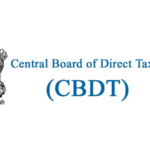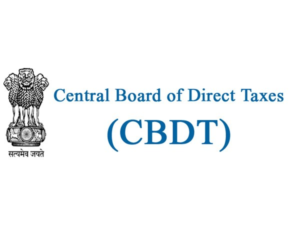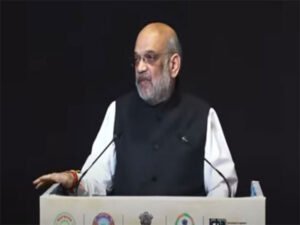
New Delhi [India], March 12 (ANI): The Ministry of Chemicals and Fertilizers, Department of Pharmaceuticals, has announced the implementation of the Uniform Code for Pharmaceutical Marketing Practices (UCPMP) 2024, signaling a significant step towards regulating interactions between pharmaceutical companies and healthcare professionals. According to a press release, the UCPMP 2024 aims to ensure transparency, integrity, and accountability in the marketing of pharmaceutical products, emphasizing ethical practices within the industry.
Under the UCPMP 2024, several key provisions have been outlined to govern the conduct of pharmaceutical companies and their representatives. Firstly, the code prohibits the offering or providing of gifts for the personal benefit of any healthcare professional or their family members by pharmaceutical companies, agents, distributors, wholesalers, or retailers.
This restriction aims to mitigate any potential conflicts of interest that may arise from such practices. Additionally, the code imposes limitations on pecuniary benefits, stating that no financial advantages or benefits in kind may be offered, supplied, or promised to any person qualified to prescribe or supply drugs by pharmaceutical companies or their representatives.
This provision seeks to uphold the integrity of medical decision-making processes and prevent undue influence on healthcare professionals. Furthermore, the UCPMP 2024 restricts the provision of travel facilities, including rail, air, ship, or cruise tickets, and paid vacations to healthcare professionals or their family members, unless the individual is a speaker at an event.
Similarly, hospitality such as hotel stays, expensive cuisine, or resort accommodations is prohibited unless the healthcare professional is participating as a speaker. Cash payments or monetary grants to healthcare professionals or their family members are also prohibited under the UCPMP 2024, reinforcing the commitment to fair and ethical practices within the pharmaceutical industry.
Any violations of the code will be addressed by an Ethics Committee for Pharma Marketing Practices (ECPMP) established within each association, ensuring accountability and oversight. The responsibility for adherence to the code rests with the Chief Executive Officer of pharmaceutical companies, who must ensure compliance with the regulations outlined in the UCPMP 2024.
Additionally, companies are required to submit self-declarations annually, detailing their adherence to the code, which will be made available on the association’s website or the UCPMP portal of the Department of Pharmaceuticals. Overall, the implementation of the UCPMP 2024 reflects the government’s commitment to promoting ethical pharmaceutical marketing practices and safeguarding the interests of patients and healthcare professionals.
By establishing clear guidelines and mechanisms for enforcement, the code aims to foster trust, transparency, and integrity within the pharmaceutical industry, ultimately benefiting public health and well-being. (ANI)



















